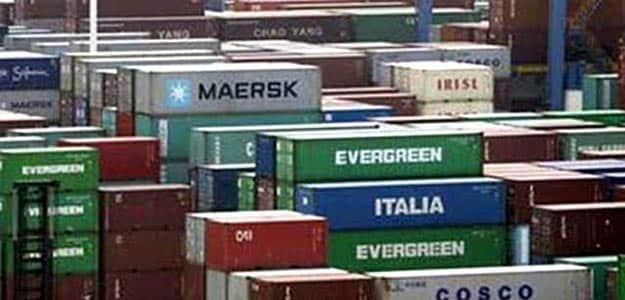
“FTAs have led to increased imports and exports, although the former has been greater…Increased trade has been more on the import than export side, most likely because India maintains relatively high tariffs and hence had larger tariff reductions than its FTA partners,” it said.
Since the mid-2000s, India’s FTAs have doubled to about 42 today.
Mentioning about specific free trade pacts, it said the Asean (Association of South East Asian Nations) FTA has had the greatest impact, “possibly because tariff reduction by India has been greater under it”.
Raising few questions, the Survey said that going forward, the big question for India is whether to continue negotiating FTAs and if so with whom.
“A related and perhaps even bigger question is how India should position itself relative to the new mega-regional agreements. Multilateral trade liberalisation remains, of course, the best way forward,” it said.
But the WTO process seems to have been overtaken by preferential trade agreements, it added.
It also said that in the current context of slowing demand and excess capacity with threats of circumvention of trade rules, progress on FTAs, if pursued, must be combined with strengthening India’s ability to respond with WTO-consistent measures such as anti-dumping and conventional duties and safeguard measures.
India has so far implemented FTAs with countries like Japan, Korea and Asean. Indian industry and exporters have time and again expressed apprehensions that these pacts are benefiting more to the partner countries.
The survey, however, has put a caveat that the results of impact of FTAs on India are preliminary and more work is needed to enrich the analysis.
About the possible implication of the mega trade deal – Trans-Pacific Partnership (TPP), it said the possible risks of not joining the TPP are difficult to quantify, but some of the research has highlighted the possibility of trade diversion and raised concerns about erosion of India’s share in exports
to the US and Europe.
The TPP, it said, is expected to make around 11,000 tariff lines (products) duty free for its members, which may result in loss of competitiveness of Indian exports in these markets.
“This will lower India’s export share to the US and the EU, shifting it to the TPP developing countries instead. Some of the export sectors such as textiles and clothing industry are likely to face stiff competition from Vietnam, and it may lead to trade diversion,” it added.
